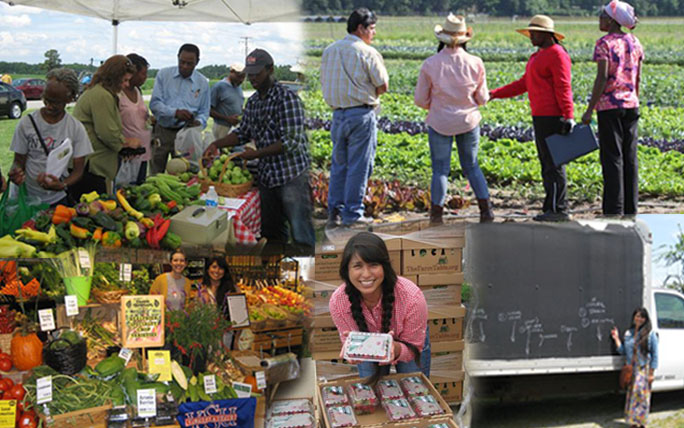The agricultural business is one of the major business sectors in today’s world. There are several leading business entrepreneurs like Bennett Kireker who have successfully emerged his agribusiness over the years. But there are several risks and challenges that they still face each day in this business. Every business has its own challenges and risk factors, a few challenges that the agribusiness-men face are listed below.
Resource Depletion: The Costs of Industrial Agriculture
It is one of the major factors that affect the agribusiness. From mechanized feedlots to automatic irrigation systems to agricultural machinery raised ever-greater demands on fossil fuel, water and topsoil resources. Petroleum not only fuels trucks and mechanized farm equipment, but also serves as a base for synthetic pesticides and fertilizers, tying the cost of growing food increasingly closer to the price of oil. Agricultural production places extra stress on water supply by polluting water bodies with chemical runoff that is the leading cause of pollution of lakes and rivers. Farmers’ dependence on nitrogen supplements stems in part from the erosion of topsoil. Topsoil loss has decreased rapidly over years which are leading to the use of nitrogenous substances which are adversely affecting the environment.
Land Management: Degrading and Undervaluing Farmland
Land management techniques have been draining the soil of nutritional value rapidly. Monoculture, the practice of continually planting the same crop on one plot of farmland removes nutrients from the soil. This loss of soil fertility is replenished by additional fertilizers.
Livestock management is another major contributor to the degradation of farmable land. Continual overgrazing eliminates hardy grasses, creates dry soil conditions, and promotes the growth of weedy shrubs, such as sagebrush. This in turn makes the soil weak and makes it prone to erosion thereby degrading the soil fertility.
Food Waste: Compromising Food Security
According to study one-third of the world’s food goes to waste, either during agricultural production, post-harvest handling and storage, processing, distribution, or consumption. A large percentage of this loss comes from consumers wasting food. Consumers accustomed to an abundance of food often purchase more than they actually eat, tossing spoiled food out at the end of every week. A lot of food is also wasted in supermarkets every day.Food that is currently sent to rot in landfills where it decomposes and releases greenhouse gasses into the atmosphere could be better distributed to bridge the gap between those with excess and the hungry. Food that spoils can be re-integrated into the food chain as compost. The massive problem of food waste calls for a tremendous shift in mentality that fevers conservation over convenience, a reversal of the trends of the last 50 years.
Demographic Changes: A Disconnected Public
As urban areas grow, farmers receive increasing pressures from encroaching developers and communities to sell their land. The agricultural lands are turning into housing complex and shopping malls and resulting to a phenomenon known as impermanence syndrome. It is where urban fringe farming is squeezed out of existence.
Political Issues: The Business of Food
While consumer habit has a profound effect on food, government policy bears just as heavily on the industry. Agriculture is a multi-billion dollar industry with powerful lobbyists. The government plays a massive role in battering the agriculture sector in the country. Many times untold amounts of food remained rotting on the vine due to a shortage of migrant workers.
Bennett Kireker carefully considers each of these complex challenges at the various levels in his agribusiness. But he is facing them boldly in order to expand his business.
